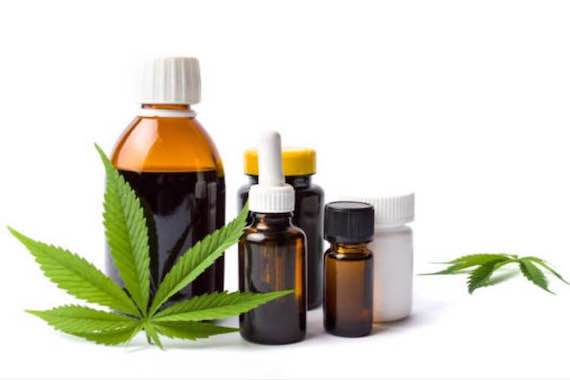With 15 states legalized for recreational use and another 35 for medical consumers, the cannabis industry continues its expansion into new markets. Today, consumers can get cannabis-infused everything, from food and beverage treats to health and beauty products.
With the industry’s continued expansion, cannabis manufacturers see increasing growth potential as operators develop new differentiated goods to a wider range of customers. That’s great news for cannabis manufacturers, especially those who want to ensure that supply meets the demand for the influx of consumers and product diversity that comes with the evolution.
It’s all about the inventory, baby
Most cannabis manufacturers perform both extraction and infusion processes. Extraction converts cannabis into a concentrated form and infusion uses that concentrate and introduces it into a broad range of products, including cannabis edibles, oils and tinctures, as well as health products.
Tracking the ingredients of medicinal marijuana is vital to manufacturers, but maintaining non-medicated products is just as essential to maintain high food safety standards and provide transparency to shoppers. For example, those ever-popular and wide-ranging THC-infused edibles have non-medicated ingredients that need to be tracked to ensure they adhere to Good Manufacturing Practices (GMPs) and remain compliant with regulations.
Cannabis manufacturers need to know their inventory like any other inventory-driven industry. That includes inventory projections and sales predictions that ensure they know how much product they’re going to need within a given period so their shelves are stocked with the ingredients they need to continue producing. To answer inventory questions regarding product supply, cannabis manufacturers need to calculate weekly, monthly, etc., to establish needs and timelines on a customized basis and prevent surplus or shortage that could ultimately
damage the operation.
The stringent rules and regulations for cannabis consumables apply to new-to-market cannabis products where failing to follow precise manufacturing protocols can shut down an entire operation.
To avoid selling expired consumables or suffering a recall, operators need cannabis manufacturer technology that manages both non-medicated inventories (e.g., eggs, flour, butter, sugar, etc.) with the same accuracy for tracking medicated stocks.
Watch it, Bud.
One of the current trends for cannabis manufacturers is expanding and protecting their intellectual property (IP) involved in extraction processes. Increasing the understanding of bioavailability plays a bigger role in producing new goods to deliver a more consistent customer experience than was possible in year’s past.
With the emergence of IP, manufacturers can now expand their products and license them to other cannabis companies in new markets. The beauty of this for cannabis manufacturers is their IP allows them to break into new markets without going through the burden of becoming licensed in them. To develop and create valuable IP, manufacturers need standard operating procedures (SOPs), so their products can be reproduced consistently at high-quality levels.
Compliance + Consistency = Growth
Unfortunately, manual processes lack the capabilities for maintaining changing regulations, which poses a particular risk for cannabis manufacturers. Evolving requirements and the volume of data prone to human error alone puts an operation at risk for non-compliance and can have catastrophic consequences. With specific regulations regarding strains, potency, geographical area of operation, license type, and because cannabis is presently only legal on a state-to-state basis, it is vital that every operator educate themselves and their staff regarding state and federal laws and regulations.
Read More: Get your Cannabis Business Toolkit for 2021
Like any franchise that wants to ensure quality and consistency, manufacturers with marketable IP use data to drive automation and growth strategies. Cannabis manufacturers who find themselves taking advantage of these trends driving the market increasingly leverage cannabis management software to comply with regulations and maintain a competitive edge in the industry.
The wisdom of automation speaks for itself. It’s fast, it saves money, and it zeroes-in on efficiency. With a customized solution in place, anyone in the industry—growers, manufacturers, distributors, and more—can implement AI and machine learning to help their brand grow.
Since cannabis manufacturing involves so many complex processes, they look for technology that delivers built-in, integrated, and automated features for each phase, process, and product, from cultivation, processing, and testing to delivery and sale of their products. To minimize costs and maximize profitability, they need a system that helps them manage compliance initiatives and advanced analytics for making better decisions.
For cannabis brands taking advantage of IP opportunities to gain entry into new markets, the ability to optimize their footprint through automation, safety, compliance, and consistency makes all the difference.
Cannabis manufacturers know their success or failure depends on maintaining strict adherence to the law, even in an increasingly crowded and ever-changing environment. Everything is mandated, from manufacturing and growing processes to packaging requirements and banking restrictions, so compliance cannot be a gamble. Non-compliance fines are too hefty so operators rely on technology to address the evolving regulations which govern everything they do.




